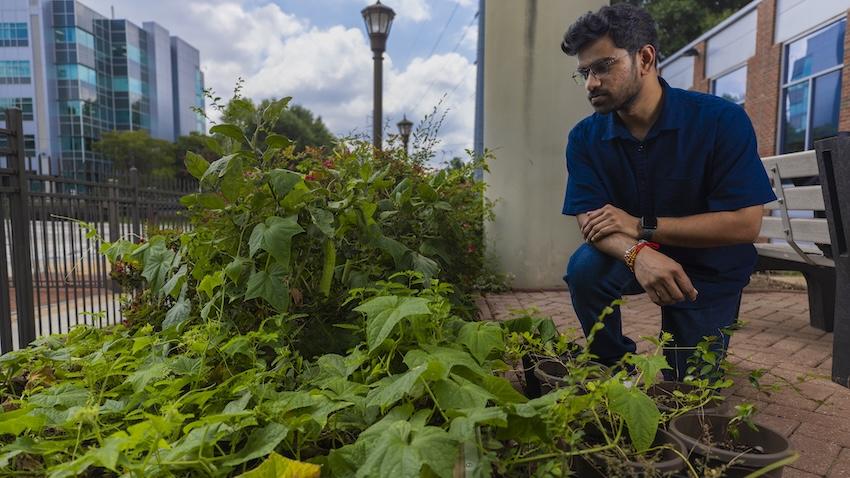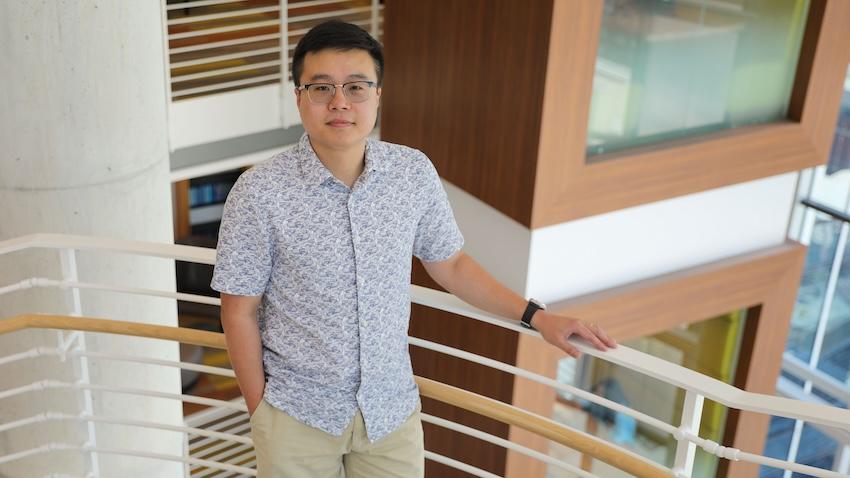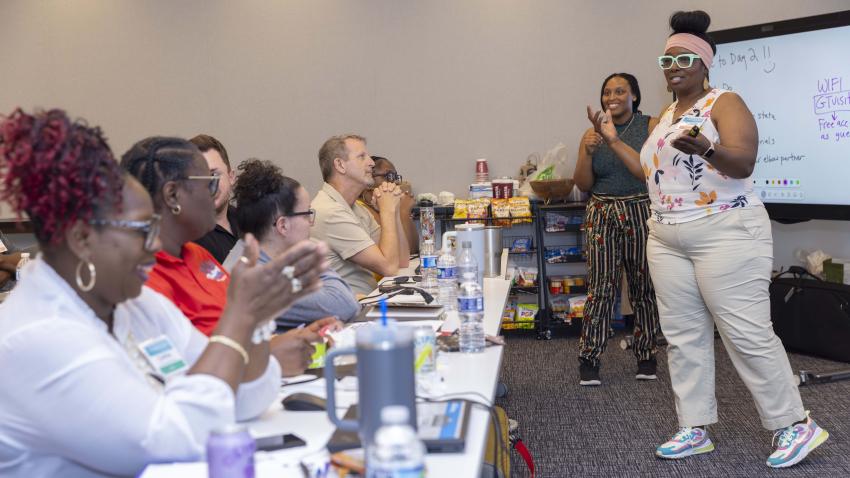
Teachers Across Multiple States Prepare to Bring AI Lessons into the Classroom
Eighty teachers from four states recently completed intensive training on how to teach artificial intelligence (AI) to middle schoolers, part of a growing initiative to make AI education more accessible and engaging for students across the country.
The AI4GA program, launched through a National Science Foundation grant and now supported by Google, continues to grow through expanded teacher training and curriculum development. It was initially led by Christina Gardner-McCune (University of Florida), Dave Touretzky (Carnegie Mellon University), and Bryan Cox (Georgia Tech). The curriculum was co-designed with educators and faculty, including Georgia Tech’s Judith Uchidiuno.
Now in its fifth teacher cohort, AI4GA is focused on upskilling educators, many of whom don’t have a background in computer science. Participants in the latest group included science, English, math, and social studies teachers from Georgia, Florida, Texas, and New York.
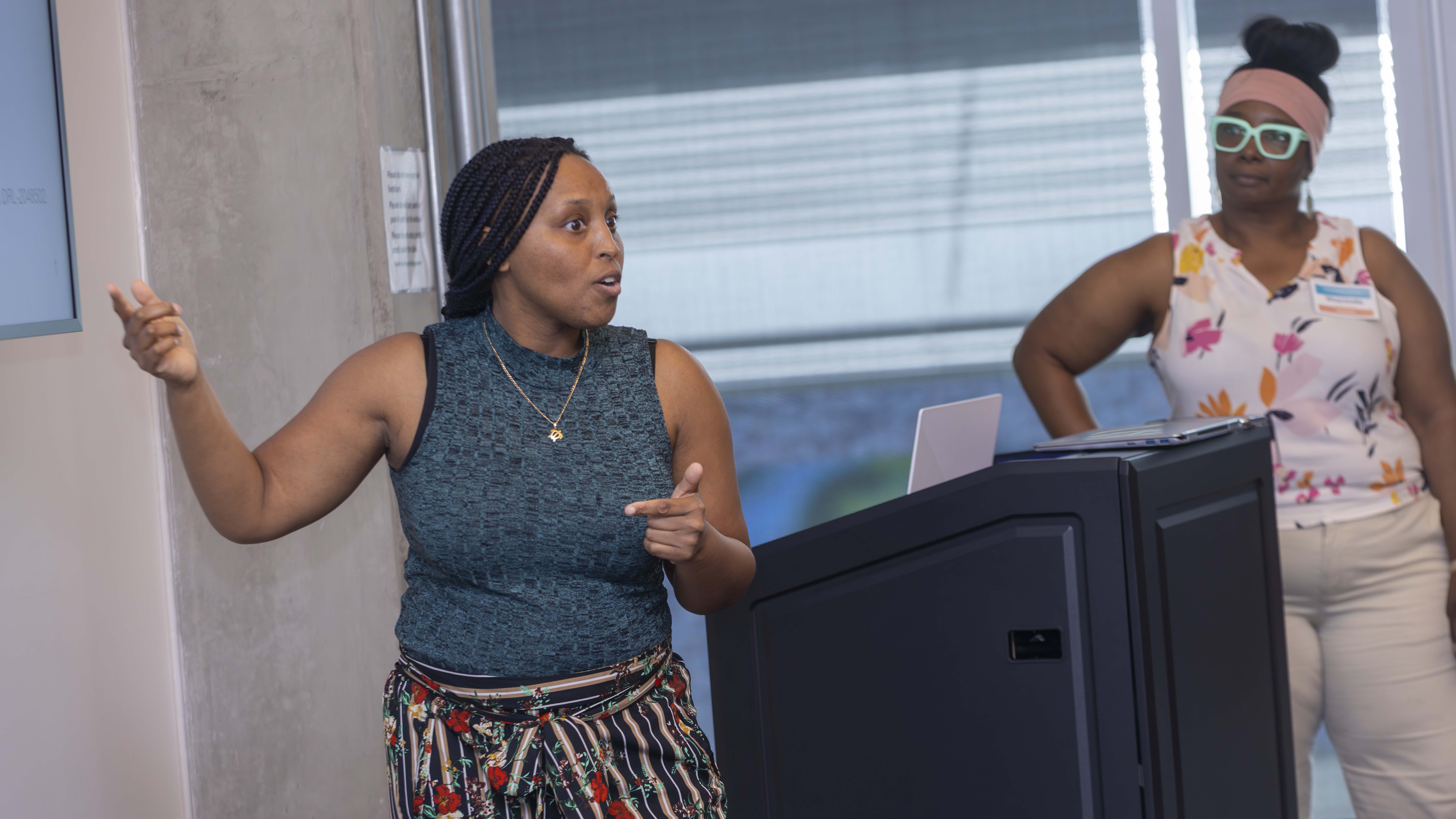
“We did a really good job with Georgia, so now we’re scaling up,” said Cox, Kapor Fellow in Georgia Tech’s Constellations Center for Education in Computing.
The curriculum introduced the cohort to machine learning, automated decision-making, natural language processing, and other foundational concepts in AI. They also learned about AI applications, including autonomous robots and self-driving vehicles.
One key activity that teachers learned, known as Pasta Land, helps students understand how computers use decision trees to classify objects. This is a core component of the lesson plan on machine learning and automated decision-making. The unit builds into more advanced lessons on training AI agents to make complex decisions.
Flexibility is central to the curriculum, which was co-designed with teachers from urban, suburban, and rural schools. Educators are encouraged to adapt lessons to reflect their communities and students’ interests. For example, Thomas County Middle School science teacher Will Hanna swapped pasta for candy to better connect with students. Another teacher had her class sort minerals.
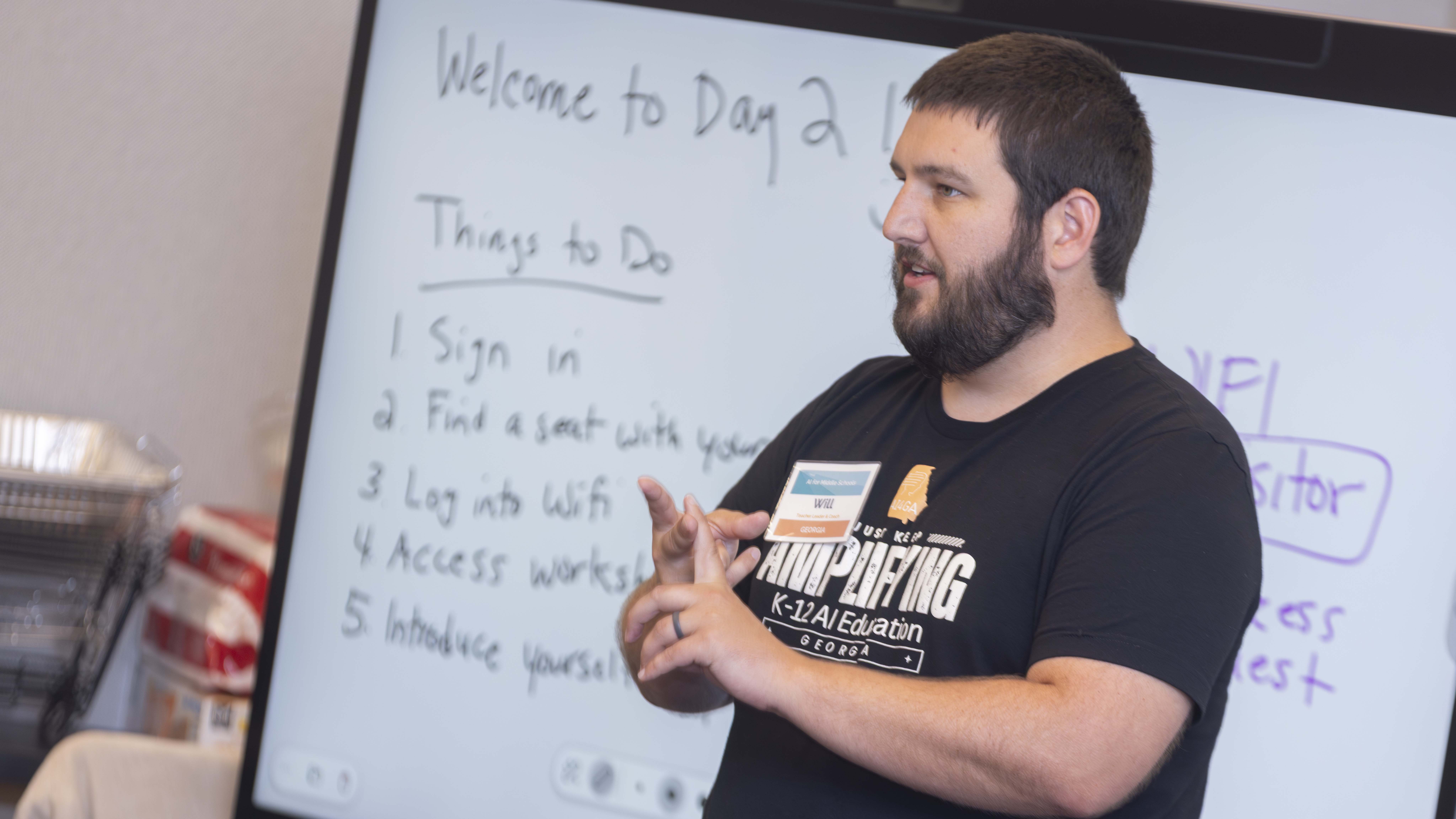
When learning about autonomous vehicles, students in Atlanta discussed Waymo, while rural students talked about self-driving tractors.
“Teachers felt empowered to make those modifications,” Cox said.
That empowerment is by design. Alumni from earlier cohorts now serve as teacher leaders, helping run workshops and mentor new participants. Over the summer, these leaders helped facilitate a two-week session at Georgia Tech and another in Texas, expanding the program’s reach.
“The teacher leaders have been teaching the curriculum to students in their classrooms,” Cox said. “They’re able to say, ‘This is how it looks on the website, but feel free to modify it based on your classroom and who your students are.’”
Cox emphasizes that middle school is the right place to start.
“Most of these students have been talking to AI and dealing with AI since they were 3 or 5 years old,” he said. “They’re using Netflix, they have AI in video games and speakers, and they’re using ChatGPT. Everybody is going to have to have literacy according to AI, and if they don’t, they may be marginalized out of participation in society.”
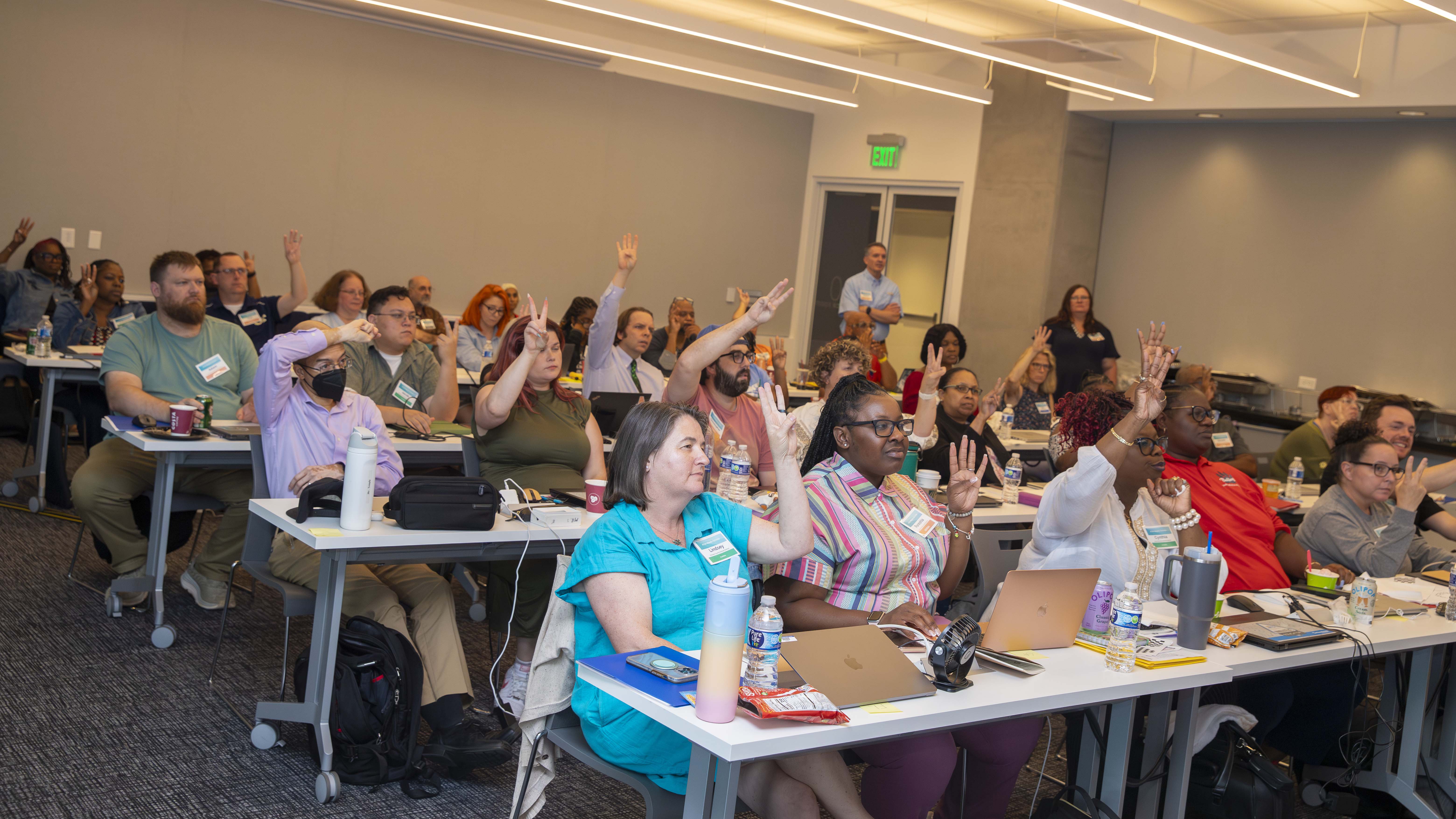
Activities are designed to align with middle schoolers’ experiences, like decision-making, pattern recognition, and sensing the world, while also drawing distinctions between how humans and machines perceive and learn.
“This knowledge can be developed early if it’s introduced with the right examples,” Cox said.
Importantly, no programming knowledge is required. The curriculum is designed for young learners and teachers across subjects. The professional development workshops prepare educators to incorporate AI into classes like science, social studies, and English, helping students connect AI concepts throughout the school day and beyond.
“This powerful technology is now a core aspect of our society; our students are using AI every day,” Cox said. “We have a responsibility to help students learn to design and use AI for good,” he said.
The long-term goal is to make AI education broadly accessible.
“We want all teachers to have an opportunity to engage in this space,” Cox said.
